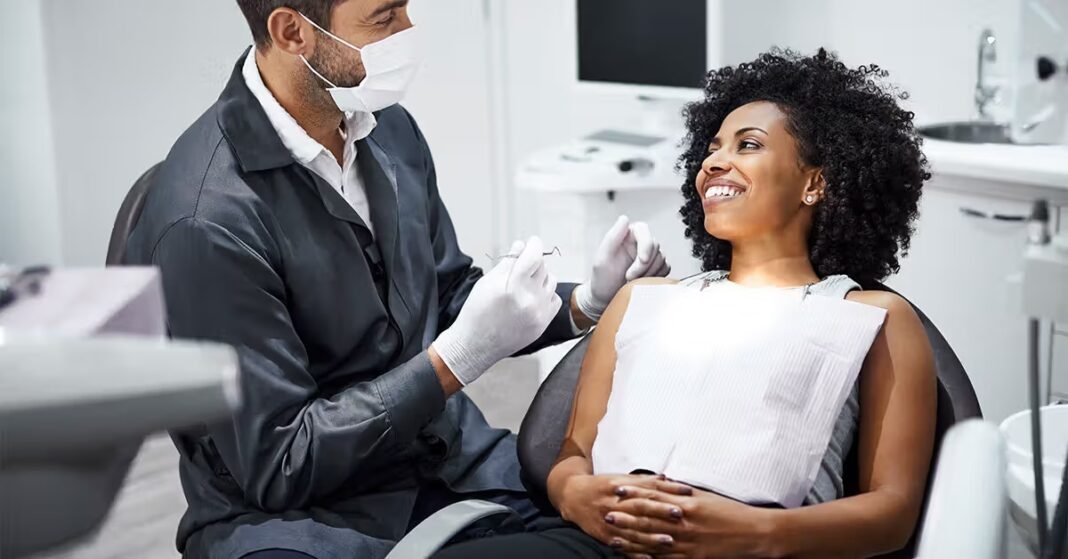For many, a trip to the dentist conjures feelings of apprehension, fear, and profound distress. This fear, commonly known as dental anxiety, can range in severity from a mild unease to a full-blown phobia. Despite the fear, regular dental check-ups are critical to not just oral health but overall well-being.
How, then, can one approach dental visits without the accompanying dread? This article dives into a plethora of strategies that can help transform your next dental encounter from a source of stress to a relatively serene experience.
Understanding Dental Anxiety
Before we address potential solutions, it’s crucial to understand what dental anxiety is and where it stems from. Dental anxiety is a learned fear, often instilled at an early age, which can be triggered by several factors including:
- Pain: Previous traumatic dental experiences, especially those involving significant discomfort, can create lasting negative associations with dental care.
- Loss Of Control: The feeling of helplessness when confined to a dental chair can exacerbate anxiety, particularly for those with heightened control needs.
- Needle Phobia: A fear of needles, often associated with a fear of receiving injections, can significantly deter individuals from seeking dental treatment.
- The Drill: The high-pitched whine of the dental drill is a sound that many people inherently associate with pain and discomfort.
Recognizing these triggers is the first step in adopting positive coping mechanisms.
Strategies to Overcome Dental Anxiety
Thankfully, there are numerous strategies to help mitigate dental anxiety and make your visit to the dentist more manageable. These include:
Communication with the Dentist
One of the most effective methods is simple yet profound: talking to your dentist about your fears. A compassionate dentist will take the time to understand your concerns and can work with you to establish clear signals for breaks during treatment.
Relaxation Techniques
Deep breathing exercises, meditation, and visualization can help reduce the physiological symptoms of anxiety such as increased heart rate and muscle tension.
Distraction Techniques
Bringing headphones with calming music or an audiobook to focus on during treatment can shift your attention away from dental procedures.
Sedation Dentistry
For those with severe dental anxiety, sedation dentistry may be an option. It involves the use of medication to help individuals relax during procedures and can range from mild sedation (such as laughing gas) to general anesthesia. In Simpsonville, South Carolina, dental clinics offer various sedation options to help alleviate anxiety, including nitrous oxide, oral sedatives, and IV sedation.
Cognitive Behavioral Therapy
Cognitive behavioral therapy (CBT) is a form of psychotherapy that focuses on changing negative thought patterns and behaviors. It is effective in treating dental anxiety by helping individuals recognize and challenge their fears.
Maintaining Good Oral Health
Aside from coping strategies for dental anxiety, it’s essential to take proactive measures to maintain good oral health. These include:
- Regular Dental Visits: Consistent check-ups can help prevent minor issues from progressing into more severe problems that may require invasive procedures.
- At-Home Oral Care: Proper brushing and flossing techniques can go a long way in maintaining good oral health.
- Choosing the Right Dentist: Finding a dentist who is understanding, patient, and compassionate towards your dental anxiety can make all the difference.
Conclusion
Dental anxiety may be common, but it doesn’t have to hinder your oral health. By recognizing triggers, communicating with your dentist, and implementing coping strategies, you can transform your dental visits into stress-free experiences. Remember, regular check-ups are crucial for maintaining good oral health, so don’t let fear stand in the way of taking care of yourself.
So next time you’re due for a dental visit, try these strategies and see how they can make all the difference in overcoming dental anxiety. Your teeth will thank you!
